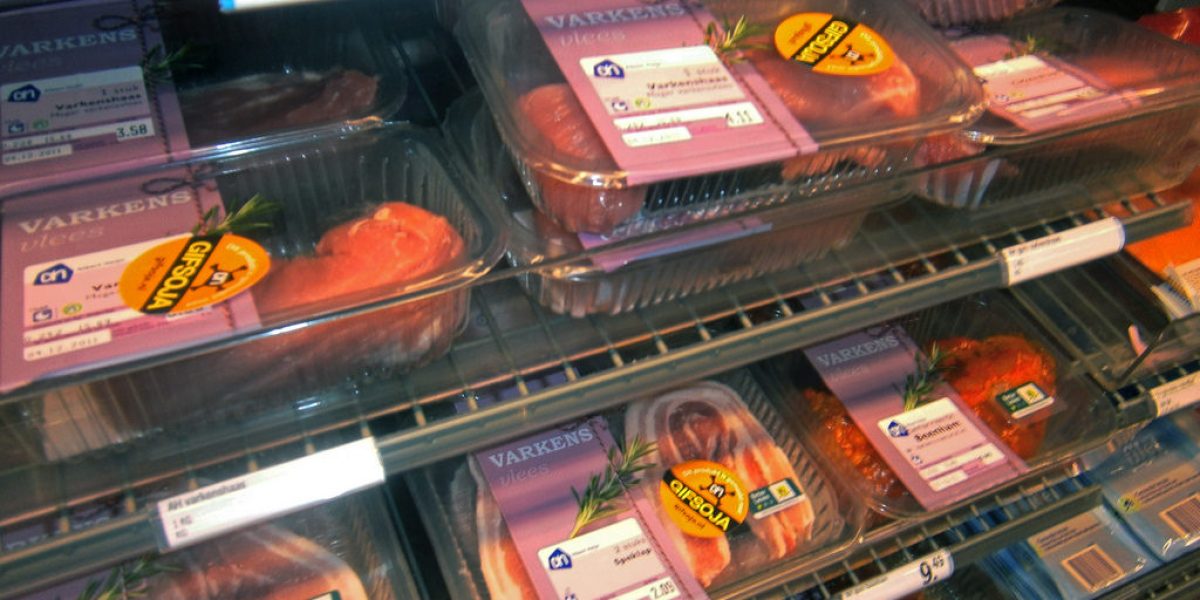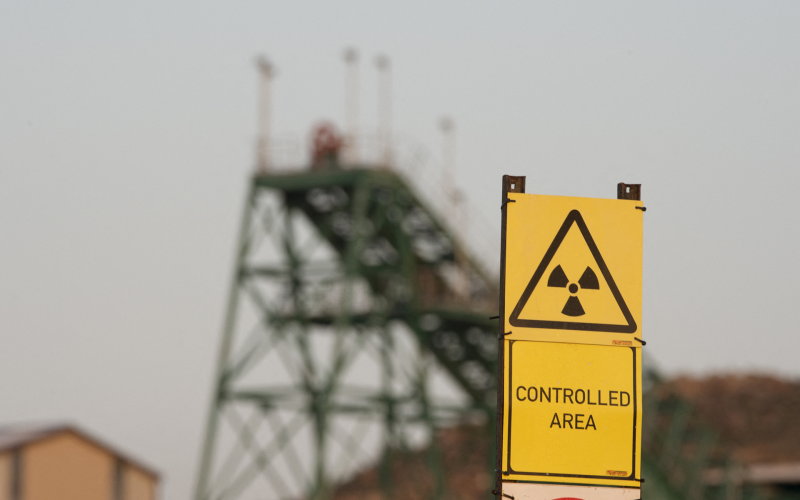Being a rationalist, I was somewhat puzzled by the heated opposition to this liberating technology, prompting a search for answers.
The science of genetic modification is running ahead of society’s ability to fathom it. Lack of understanding breeds fear; fear generates mistrust. The antiglobalisation lobby, in its anti-GM manifestation, fuels this fear. A significant element is motivated by hatred of markets within which companies such as Monsanto are the devil incarnate.
Others worry that negative side effects may only manifest in 30 year’s time. Some are concerned with who controls these technologies and the associated potential for abuse; while a thoughtful element raises ethical objections to genetic tinkering, especially when it comes to the human genome.
This also has its religious aspect. And this approach links with a more general concern that introducing living modified organisms into our environment may damage biodiversity.
That is where the matter enters the trade realm, a subject on which I am better qualified to expound.
There seems to be a scientific consensus on the benefits this technology holds in the realm of agriculture: higher yields, reduced pesticide use, and enhanced product attributes. None of this replaces the positives associated with organic agriculture; rather, it is best thought of as complementary.
But in countries with significant environmental problems associated with extensive chemical fertiliser usage and/or food security problems, these aspects of GM technology are highly attractive.
In the southern African context the food security dimension assumes particular prominence. But this is where matters become somewhat murky.
The 2002 Zambian famine thrust the issue of trade in GM foods into the public’s mind when the Zambian government refused to accept shipments of GM food from the US.
The compromise was for the food to be milled outside of Zambia and imported into the country.
The Zambian government was allegedly motivated by environmental concerns, specifically the perceived risk that GM food aid would contaminate their biodiversity. Yet at least two other factors were at play: Zambian agricultural exports to the European Union (EU) — of which more below — and a deeply rooted lack of trust in GM technology and its purveyors.
Why is this relevant to SA?
We are an increasingly significant producer and exporter of GM crops. Unnecessarily restrictive regulations governing both will inhibit development of the technology. Those countries in the region — a major destination for our agricultural exports — that have regulations have adopted restrictive approaches to importation of GM products. But if — as seems likely — our climate becomes more unpredictable owing to global warming then agriculture could become a more hazardous enterprise.
By extension regional food security would be even more tenuous than it is now. So, not only do we need to develop GM technology and progressively open our market to importing GM products, but so do our neighbours.
But is this likely? Environment officials from around the world recently descended on Curitiba, Brazil, to negotiate regulations governing trade in living modified organisms under the Cartagena Protocol on Biodiversity.
Approaches vary greatly, but with the US being absent from the negotiations (it is not a signatory to the protocol) the centre of gravity inevitably defaults to the EU. Some EU member states are against trade in living modified organisms, citing consumer concerns.
Hence the EU adopts a restrictive approach, and carries this forward into the negotiations. African countries, being firmly locked into the EU’s orbit, feel compelled to adopt EU-style restrictive regulations lest their major export market is compromised, notwithstanding their food security needs.
This regulatory approach is the subject of a closely watched dispute in the World Trade Organisation, lodged by the US, Canada and Argentina — all big producers and exporters of GM crops. The consensus is that the US won the recent interim ruling on points, but the dispute settlement panel did not settle the major issues.
Hence the future trajectory of regulating trade in living modified organisms is still not settled. Along the way many unsettling questions regarding the relationship between trade rules, set in the World Trade Organisation, and environment rules, negotiated under United Nations auspices, have been broached.
Given such regulatory confusion the scope for forum shopping is substantial. It is no wonder that living modified organism producers and traders are frustrated.
So where does our government, specifically the environmental affairs and tourism department, which leads on the Cartagena Protocol, stand on all this?
I have tried to establish this on numerous occasions but despite repeated e-mails and calls to the officials concerned have yet to receive an acknowledgement of my enquiries, let alone a response.
Is this a case of what Martin Wolf, the famous Financial Times columnist, calls “the insolence of office” at work; or do they not want their positions to be known beyond a favoured circle?
Time will, hopefully, tell.






